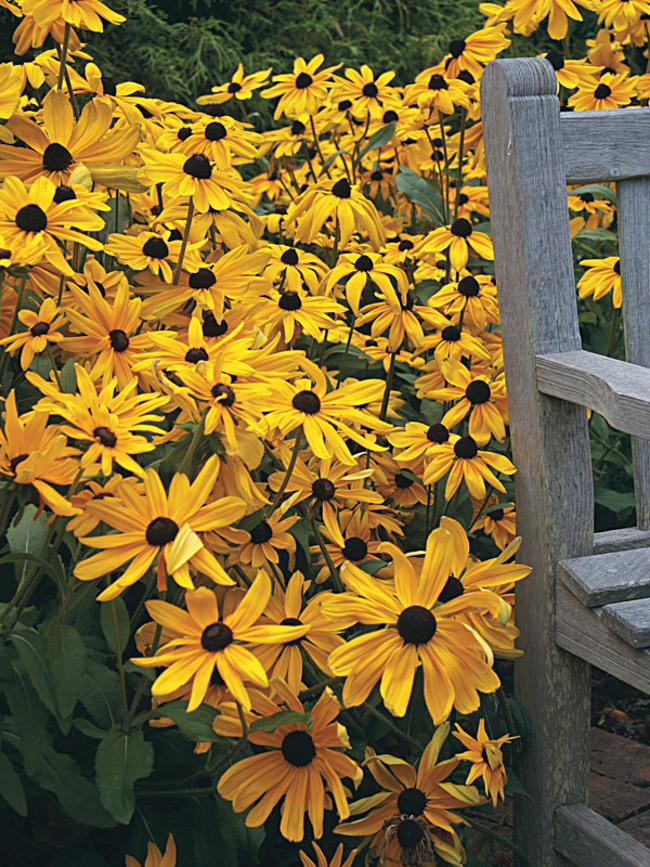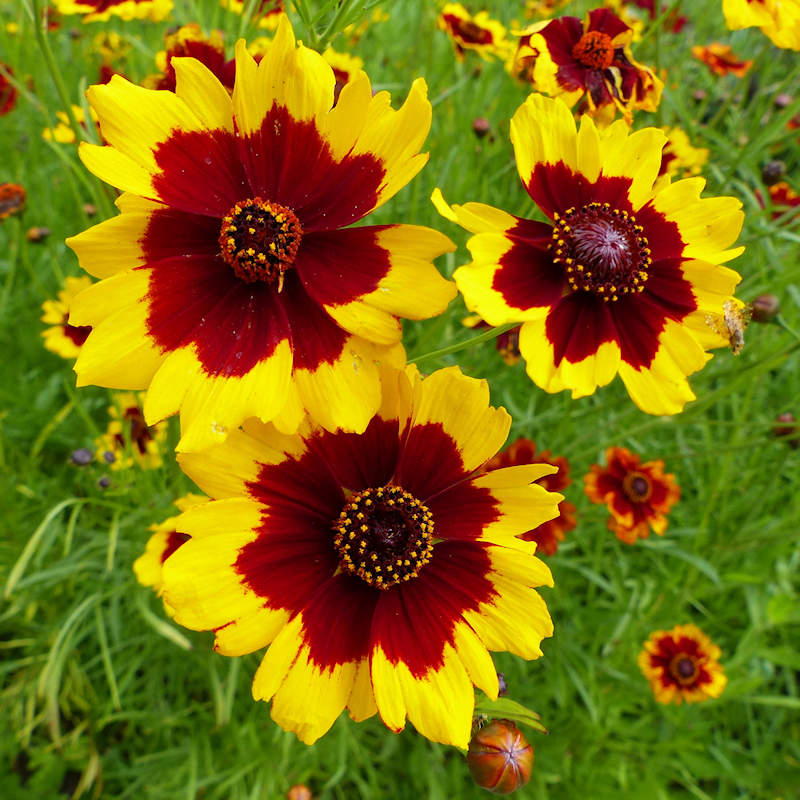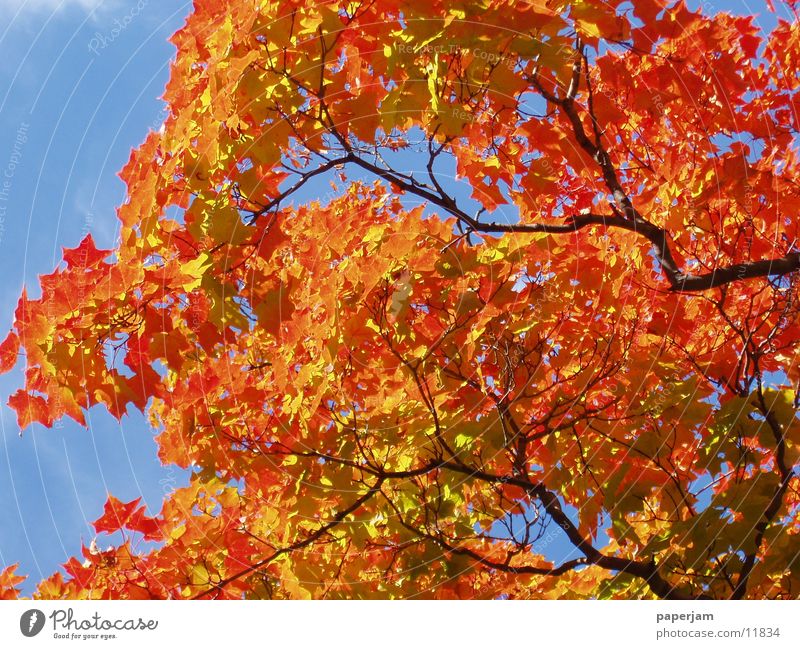Indian Summer Plant: The Longblooming Flower That Will Bring Color To Your Garden
Title: Indian Summer Plant: The Long-Blooming Flower That Will Bring Color to Your Garden
Introduction:
As the days get shorter and the weather cools down, many gardeners are looking for plants that will add a touch of color to their gardens in the fall. Indian Summer plants are a great option, as they offer long-lasting blooms in a variety of colors.
Main Content:
Indian Summer plants are a type of perennial that typically blooms from late summer to early fall. They are known for their vibrant colors, which can range from yellow to orange to red. Some popular Indian Summer plants include:
- Alstroemeria (Peruvian lily)
- Rudbeckia (coneflower)

- Aster (New England aster)
- Echinacea (purple coneflower)
- Coreopsis (tickseed)

Indian Summer plants are relatively easy to care for. They prefer full sun and well-drained soil. They are also drought-tolerant, so you don't have to worry about watering them too often.
Conclusion:
Indian Summer plants are a great way to add color and life to your garden in the fall. They are easy to care for and offer long-lasting blooms. If you are looking for a way to brighten up your garden in the fall, consider planting some Indian Summer plants.
Visit the website to learn more about the different types of Indian summer plants, their care requirements, and how to plant them in your garden.
FAQ of indian summer plant
Q: What is an Indian summer plant?
A: An Indian summer plant is a plant that blooms in the fall, after the first frost. These plants are often characterized by their bright colors, which can add a splash of beauty to the landscape during the colder months.
Q: What are some common Indian summer plants?
A: Some common Indian summer plants include:
- Asters
- Goldenrod
- Sunflowers
- Coneflowers
- Sedum
- Rudbeckia
- Black-eyed Susans
- Blanket flowers
- Cosmos
Q: When do Indian summer plants bloom?
A: Indian summer plants typically bloom in late September or October, after the first frost. However, the exact timing of their bloom can vary depending on the climate.
Q: Where can I find Indian summer plants?
A: Indian summer plants can be found at most garden centers and nurseries. They are also often available online.
Q: How do I care for Indian summer plants?
A: Indian summer plants are relatively easy to care for. They prefer full sun and well-drained soil. Water them regularly, especially during the hot summer months.
Q: What are some tips for growing Indian summer plants?
A: Here are some tips for growing Indian summer plants:
- Choose a sunny spot in your garden.
- Amend the soil with compost or manure before planting.
- Water regularly, especially during the hot summer months.
- Deadhead spent flowers to encourage more blooms.
Image of indian summer plant
10 different images of Indian summer plant that are free to use:
- Indian summer plant (Physalis alkekengi) in full bloom.
- Close-up of Indian summer plant flowers.
- Indian summer plant fruits in their papery husks.

- Indian summer plant growing in a garden.
- Indian summer plant in a vase.

- Indian summer plant leaves in autumn.

- Indian summer plant seeds.
- Indian summer plant silhouette.

- Indian summer plant in a forest.
- Indian summer plant in a meadow.

Post a Comment for "Indian Summer Plant: The Longblooming Flower That Will Bring Color To Your Garden"